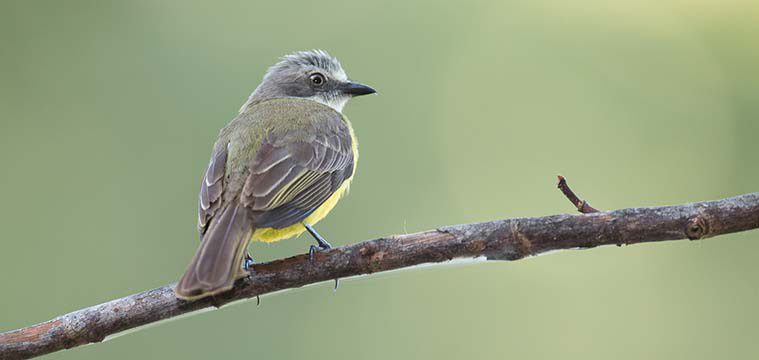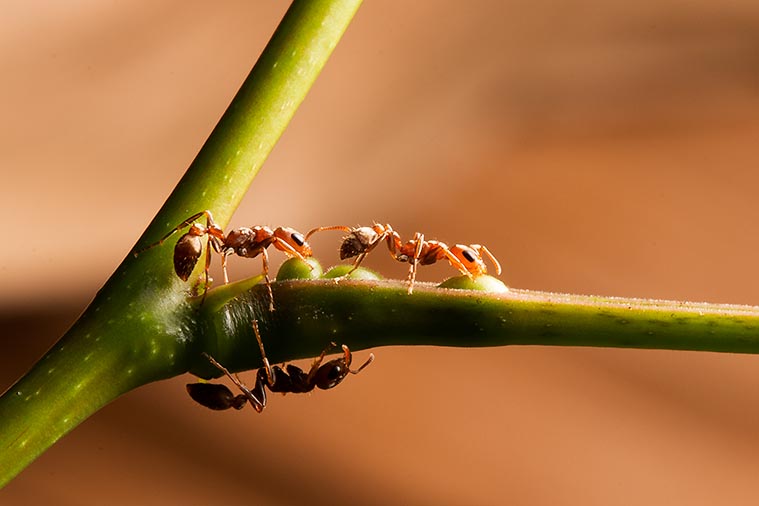In April 2015, I made my fourth trip to Costa Rica, attending a workshop conducted by my friend Greg Basco. With his business partner Paulo Valerio, he founded Foto Verde Tours, creating tours for photographers by photographers. He works with selected lodges to increase the likelihood of good nature photography opportunities. This year’s trip was titled The Art of Biodiversity – Pacific and the itinerary delivered on this promise. [Read more…]














